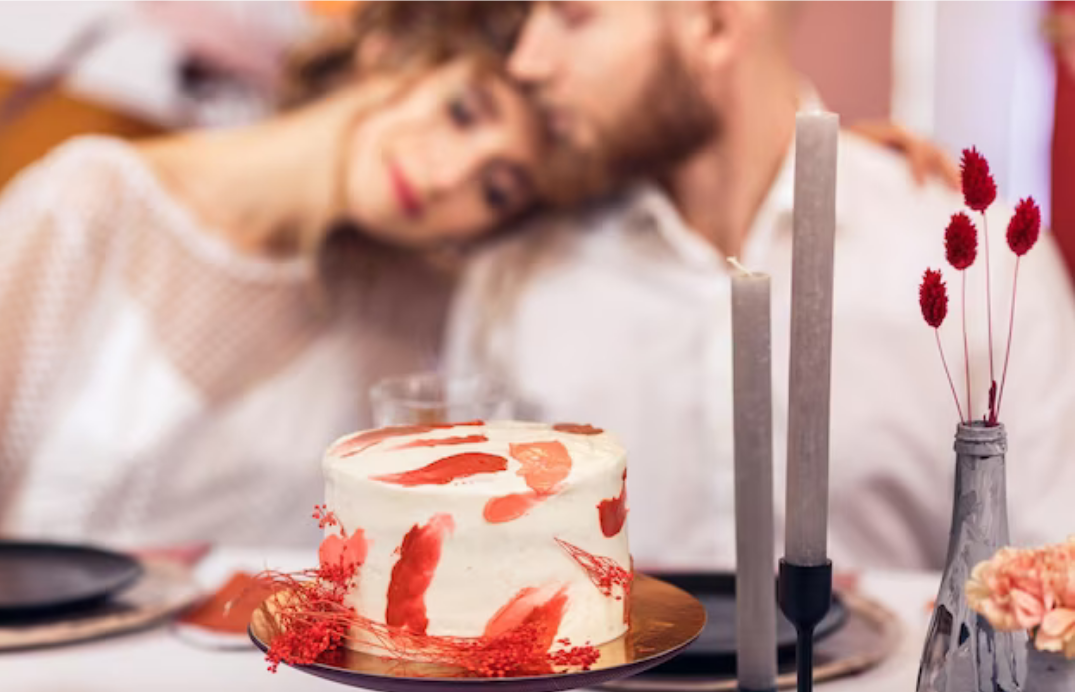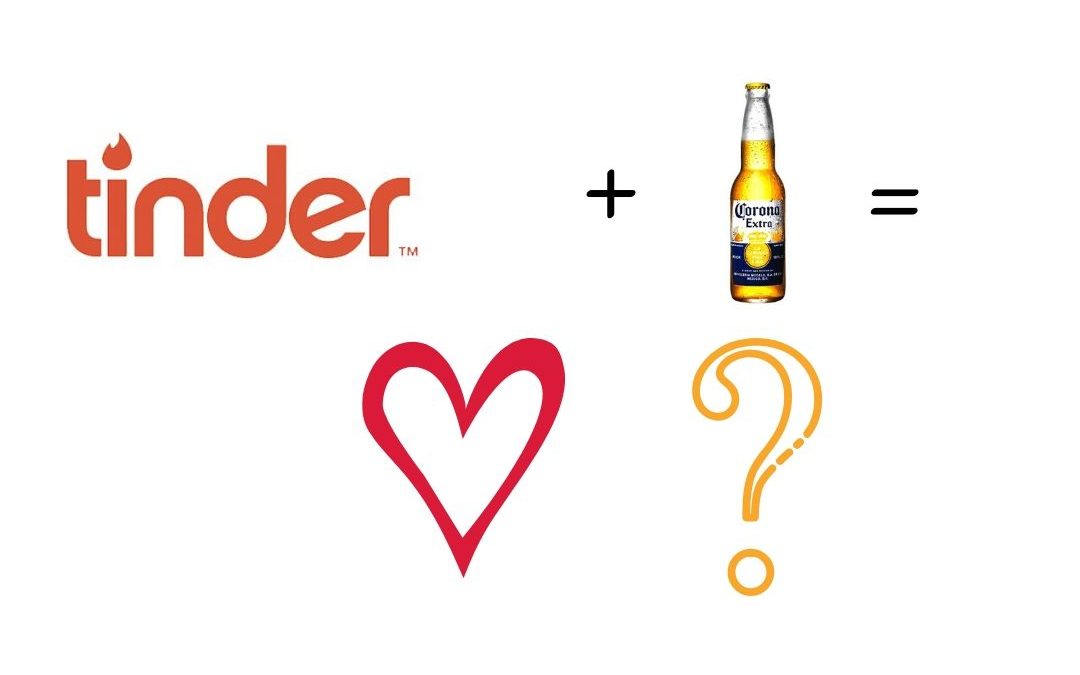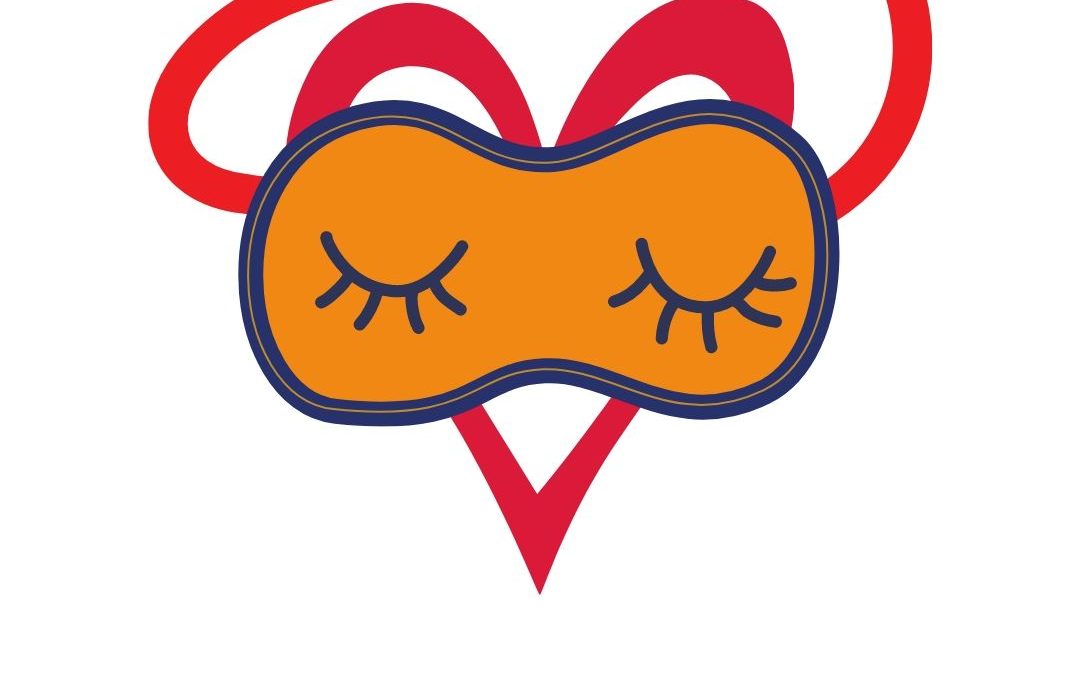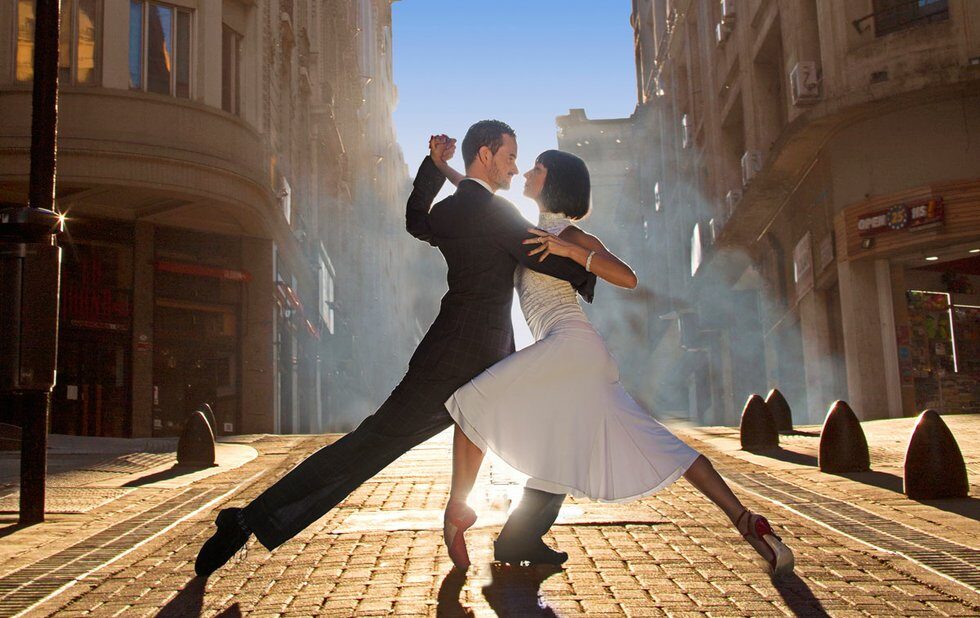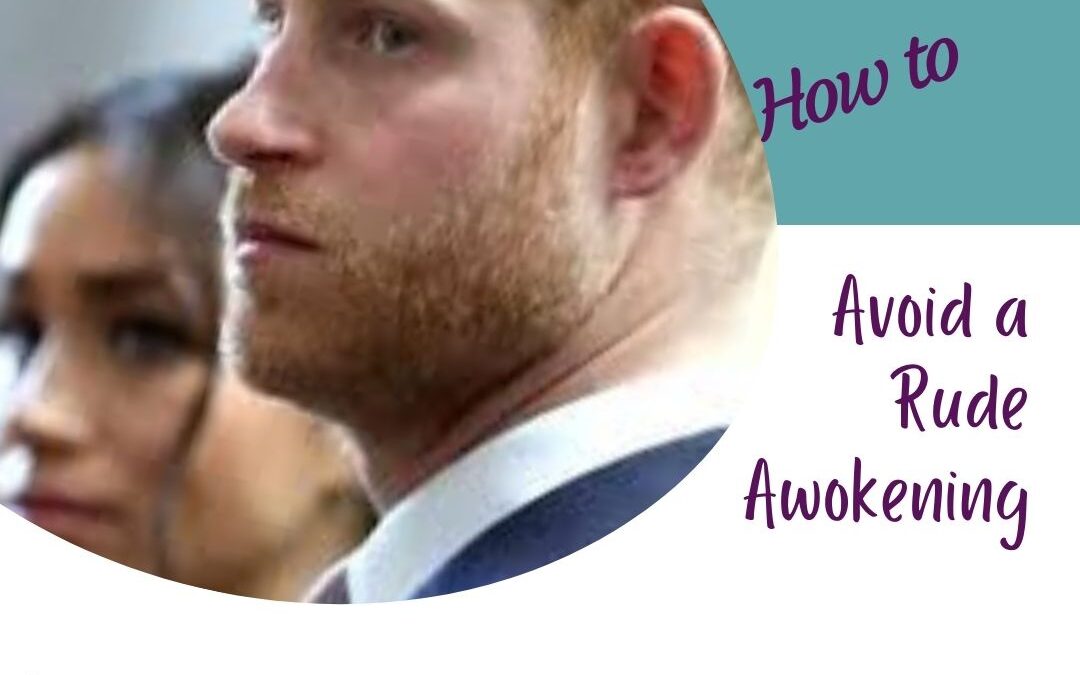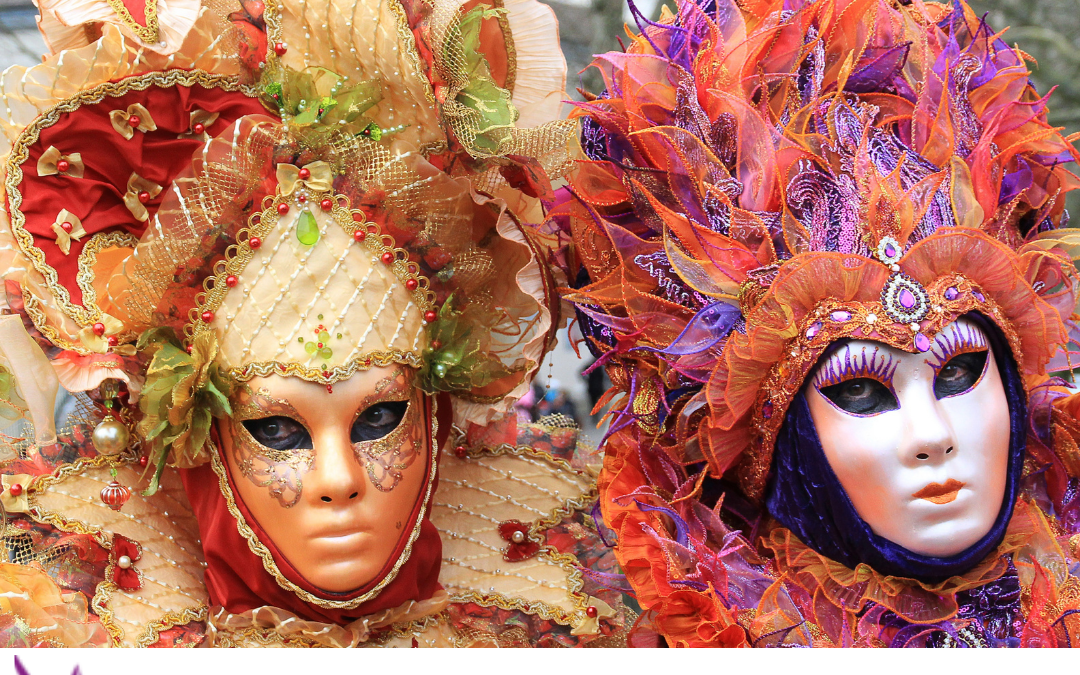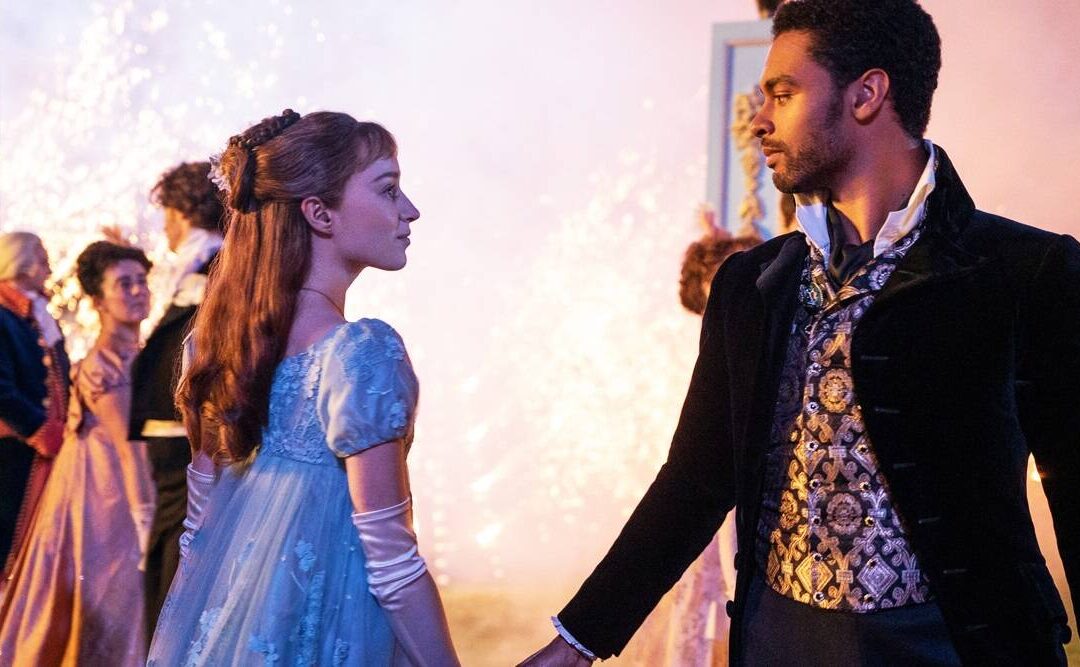Why It’s Easier for You to Commit to Cheesecake than Love
With so many cheesecake recipes clogging up my instagram this time of the year, it’s excusable to forget that the holiday is about more than just yummy food. Commemorating the giving of the Torah and our commitment to G-d, Shavuot is truly about commitment . When G-d offered the Torah to the Jewish people, we responded instantly without hesitancy, “Naaseh, v’Nishma.” We will do and we will hear.” In other words, we will do as we are told and find out the details later. That’s commitment!
Sounds a bit nuts as this wasn’t a small matter to agree to. It begs the question, “What made the Jewish people so agreeable? And what can we learn from this in our own relationships?
G-d displayed an unwavering love towards the Jewish people, exacting revenge on their enemies, shepherding them out of Egypt into the desert, providing free food in the form of manna…. Why would the Jewish people think for a moment that the Torah would be anything but good for them? They were courted by G-d and then when he finally asked for a commitment, there was no hesitation. After all, when people are presented time and again with goodness, this builds feelings of trust. We almost take it for granted that things will go smoothly over time. For some, commitment is as easy as eating cheesecake, for others, it’s a fear greater than climbing Mount Sinai.
What makes us agreeable in relationships?
- When the person we are speaking with smiles at us and expresses interest and validates our feelings
- When we find mutual topics of interest
- When the other person nods and uses positive body language to invite us in
What makes a person commit to lifelong love?
- Building up positive shared experiences
- Having positive experiences with our close friends and family
- Letting them into the rich inner recesses of our lives
- Being vulnerable
What if you just can’t commit?
Identify what your blocks are. Is it fear of getting hurt, fear of not being enough, fear of growing bored, fear you won’t be able to get through life’s challenges, fear of someone better coming along?
Work through the fear and let it go: Once you have identified the fear you should be better equipped to face it head on. This is commonly an area that trips people up as they aren’t entirely sure what the fear is about and then they have a hard time clearing it. Often, one can experience multiple obstructions and feel too overwhelmed to deal with on your own. If you find yourself in this bind, unable to clear the blockage, therapy is the way to go. Together we will work on identifying your obstruction, working on a way to clear it and build your best self so you can be open to a committed relationship.
Why are some people afraid to commit while others find it easy to jump right in ?
Those who can’t commit have one or more of these issues that bar them from pulling the trigger on an otherwise healthy relationship .
Sometimes, they’ve witnessed an unpleasant relationship between parents and they have a fear of recreating this. Other times they may have had a negative relationship with their parents or other family members which manifested in a fear of recreating this pattern with someone else.
Lastly, it’s possible they feel generally unlovable or incapable of giving and receiving love.
Can’t Commit? Don’t quit! If you are still struggling with the concept of commitment as a whole, feel free to reach out to me. I’d love to help you overcome your fears and find yourself in a committed loving relationship.
Tinder in the Age of Corona…
(This story takes place after the 5th person in Israel was found to have Corona)
Ayelet and Ben both swiped right on Tinder https://tinder.com. After exchanging phone numbers, they had an incredibly long phone conversation. The likes of which are unusual for Ayelet. By the time the conversation was done, she wondered how much more she would learn about him from their first date. Her pre-date conversation length is usually no longer than 10 minutes tops.
She was excited for this date in a way she hadn’t been in the first time since her divorce 2 years ago. Her dates usually sound so dull over the phone. Especially the first time around, when they hadn’t yet met.
Tinder doesn’t offer you much info, so she doesn’t usually have much to go on. Over the phone Ben sounded open and fully invested. She even felt a little flutter in her tummy. Something she hadn’t experienced in years.
They arranged to go out two days after the phone call. By 8 o’clock on Tuesday night she was good to go.
- Babysitter- Check
- Makeup- Check
- Hair- Check
- Awesome outfit- Check
- Great Attitude- Check
At 8:05 Ayelet stepped out of her home to meet up with Ben when she heard a ping from her whatsapp. Instinctively, she checked her phone to discover a new message from Ben.
“Sorry, can’t meet you tonight. My big sister convinced me to stay home because of Corona. Hope I can meet up with you some other time. Bye.”
That’s right…”Ba Bye”, thought Ayelet as she carried along her merry way. Feeling awesome anyway! “At least I don’t have to spend my night with a dim whit,” Ayelet thought as she smiled to herself.
Relationship Take Home Lessons:
- Don’t listen to your sister…If you do, don’t tell your date…Man up…Make your own decisions.
- If someone does drop you suddenly, keep walking and keep smiling!
- Check out this blog for more…https://www.mickilavinpell.co.il/love-in-the-age-of-corona-is-corona-the-new-love-bug/
- Want more tips on dating during the times of Corona check out this article from Vogue https://www.vogue.com/article/coronavirus-dating-social-scene
- For more on Tinder dating warnings:https://www.jpost.com/OMG/Dating-app-Tinder-warns-users-to-take-precautions-against-coronavirus-620134
The Pete Davidson Effect!
What does Pete Davidson have that women want? Read this blog to learn how you can learn from Pete and get the love of a high quality woman…
Do You Dance Like this as A Couple?
The negative cycle begins and ends at exactly the same point. She reaches for her husband, her need gets missed and then she shouts and spews anger as she feels ignored. This then causes her partner to pull away as they run and hide.
Who doesn’t want to be the Wise Child?
On Passover, we mention the 4 sons: the Wise, the Wicked, the Simple one and the “Child Who Doesn’t Know What to Ask.”
How to Avoid a Rude Awokening!
The Harry and Meghan TV interview was the big news this week. Read on for my take and learn more about how you can be prepared to deal with your future in-laws.
Are the Masks Ready to Come Off Yet?
Do you feel unseen by your partner? Read this article to hear more about it…
I Hated Bridgerton!
Think you simply haven’t found the one? What if there was a real reason you aren’t married and you just don’t know what that is yet?
